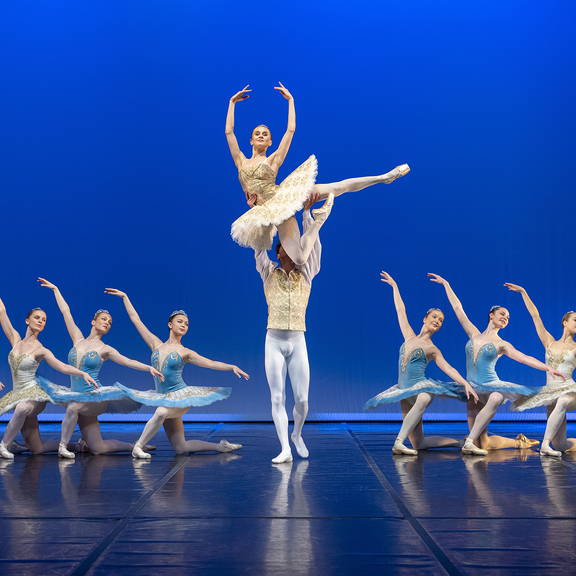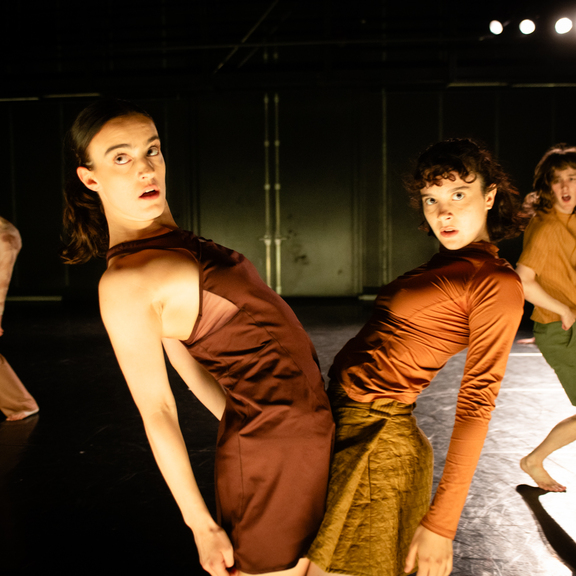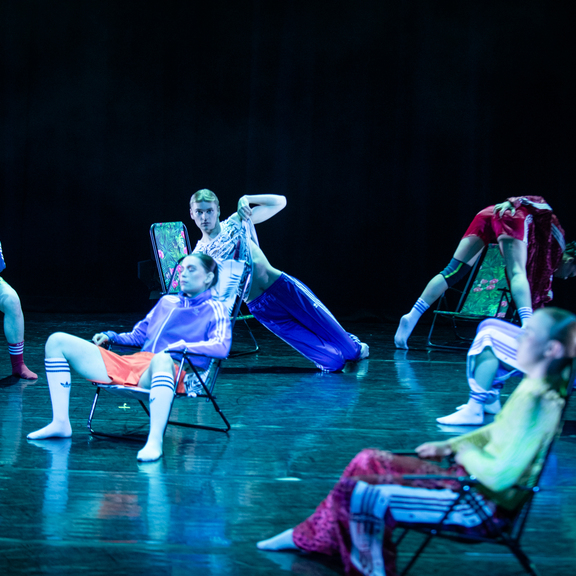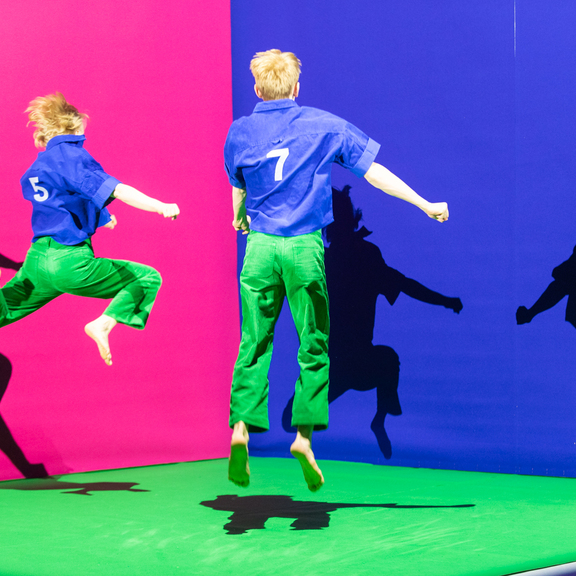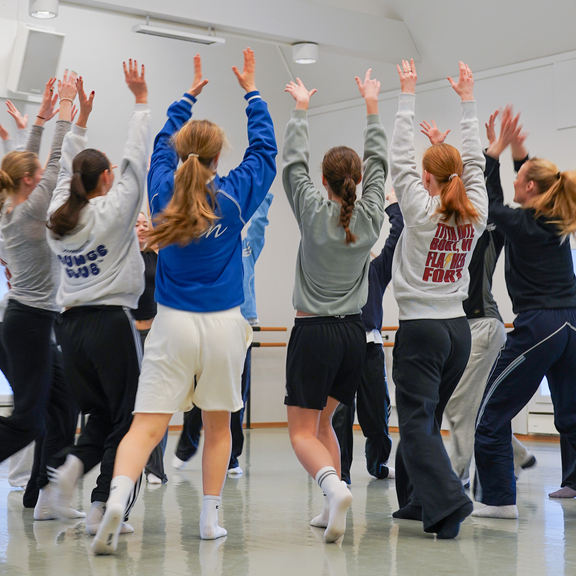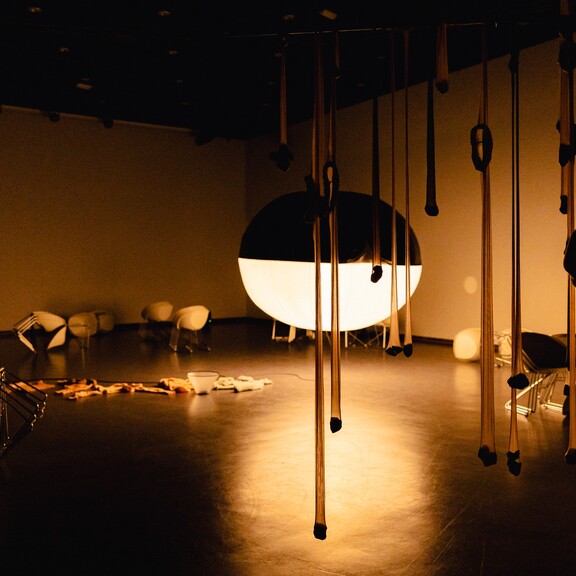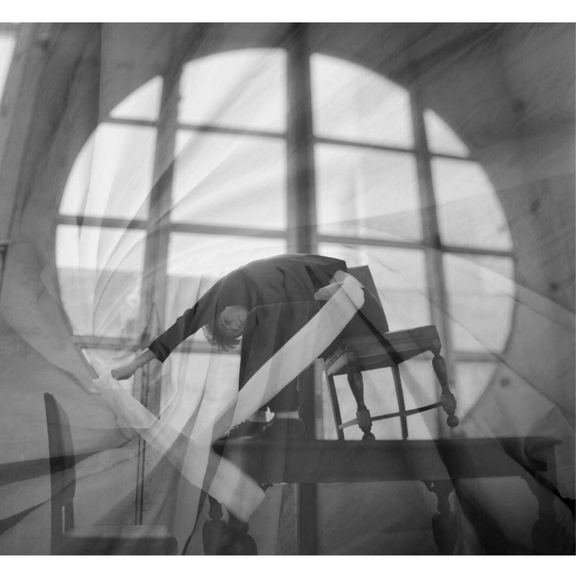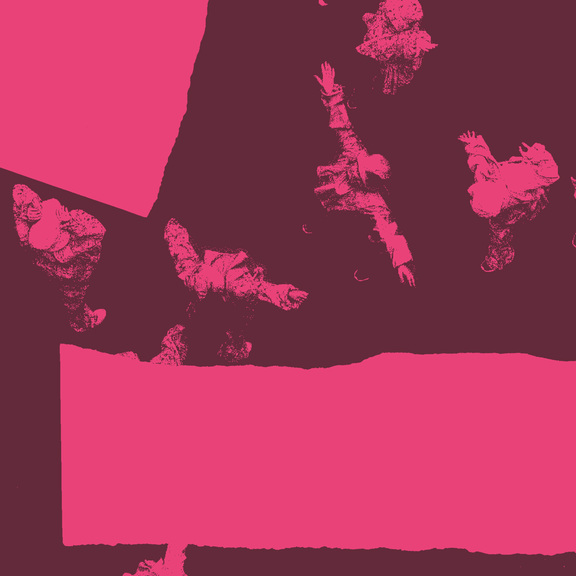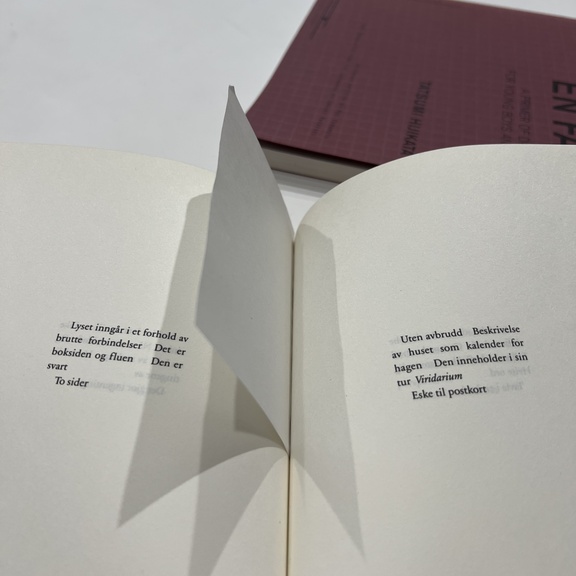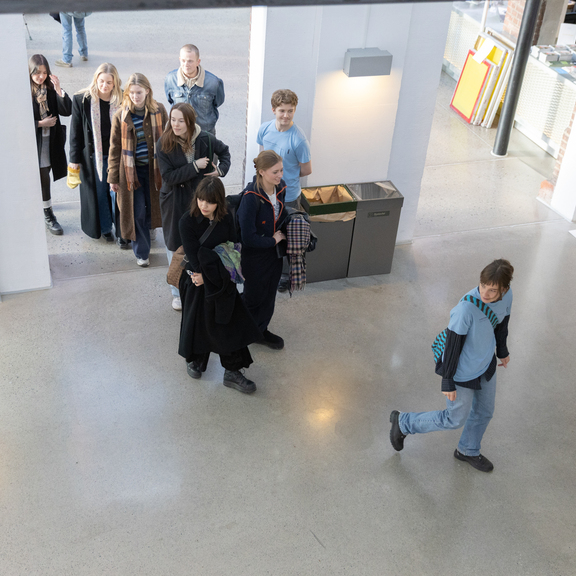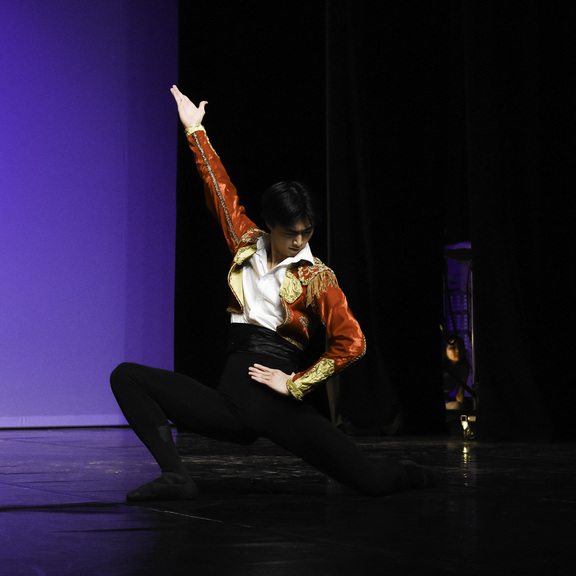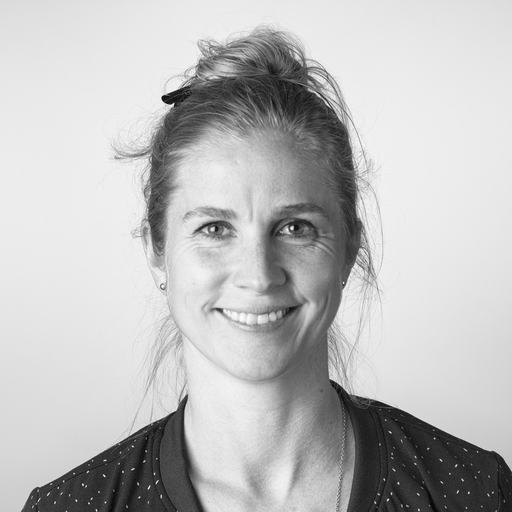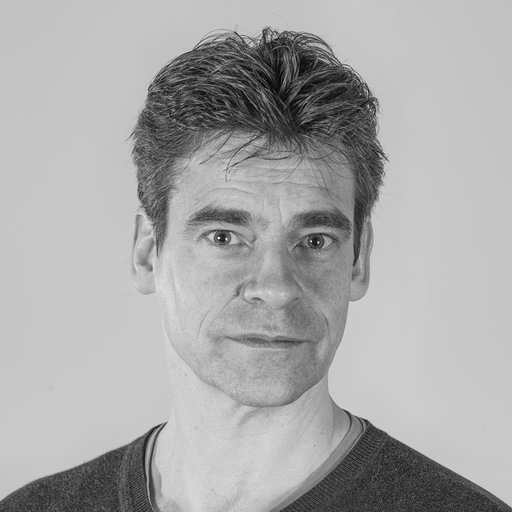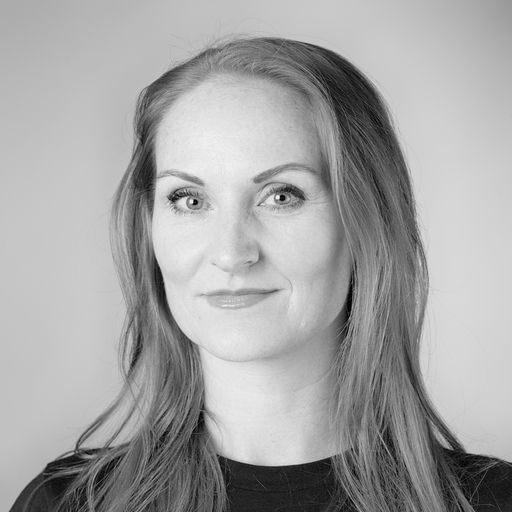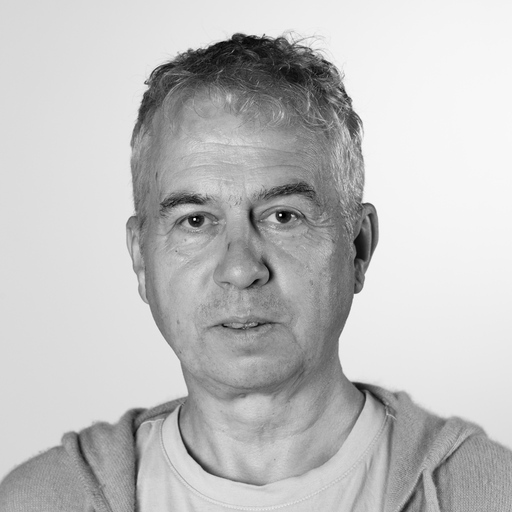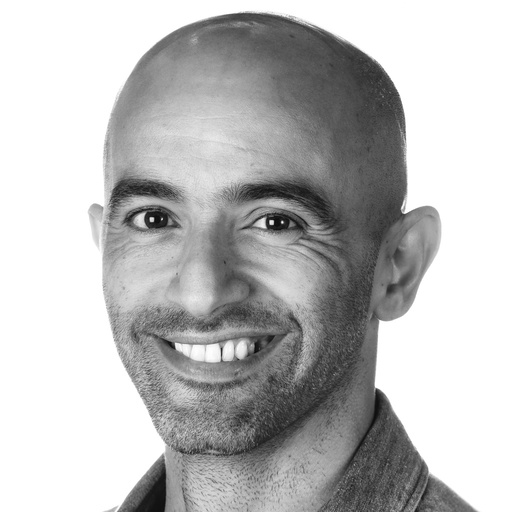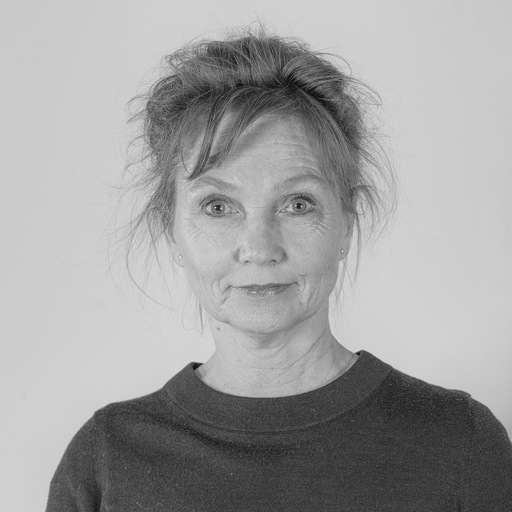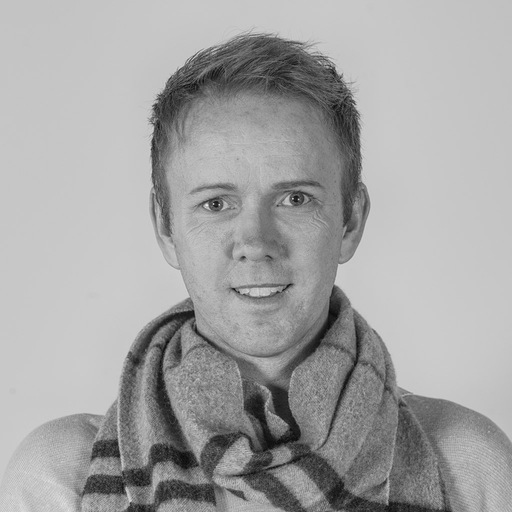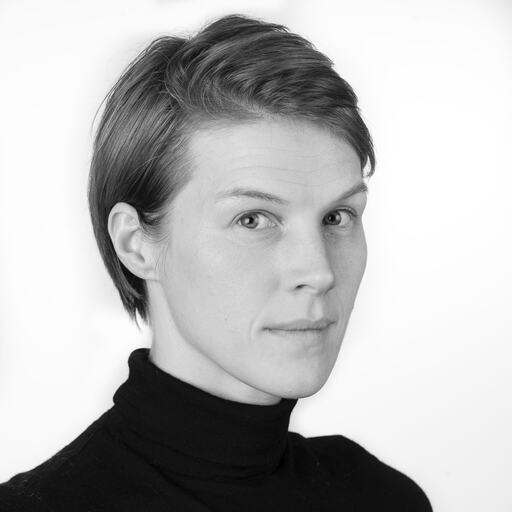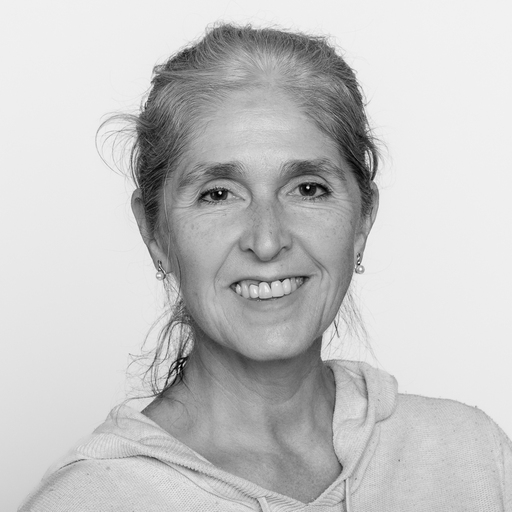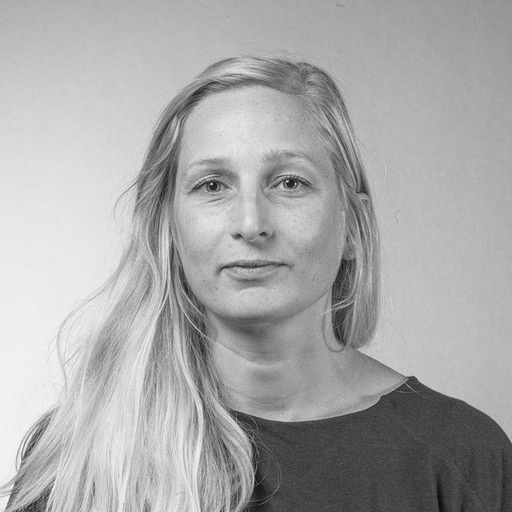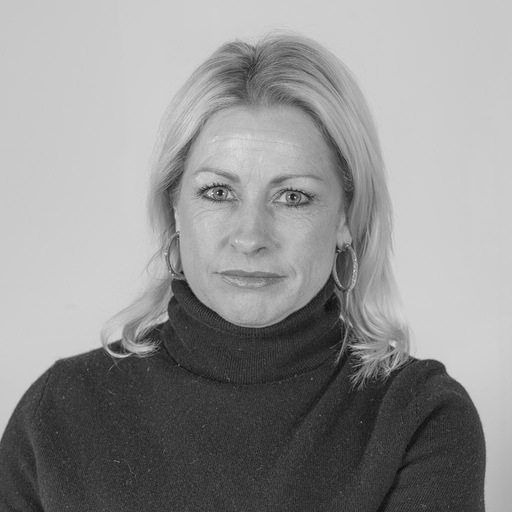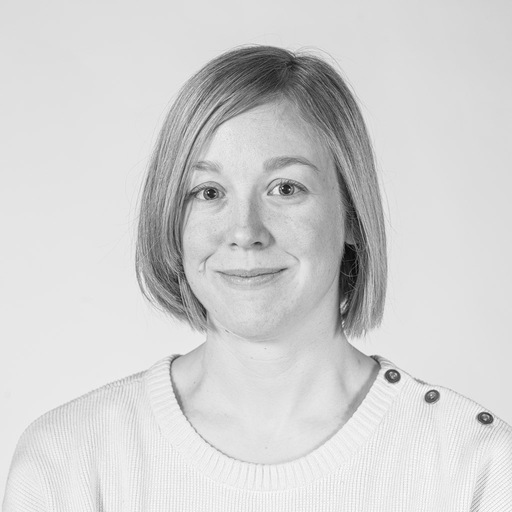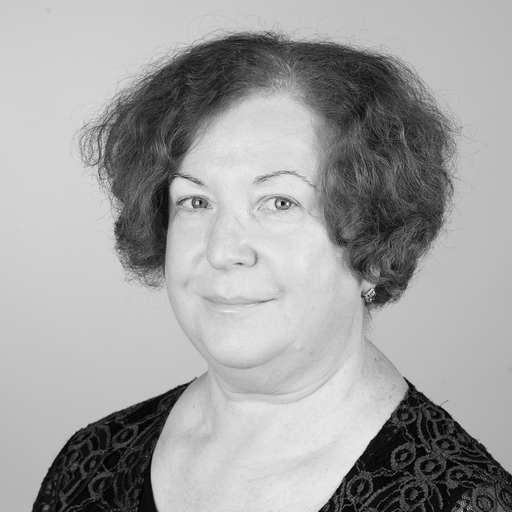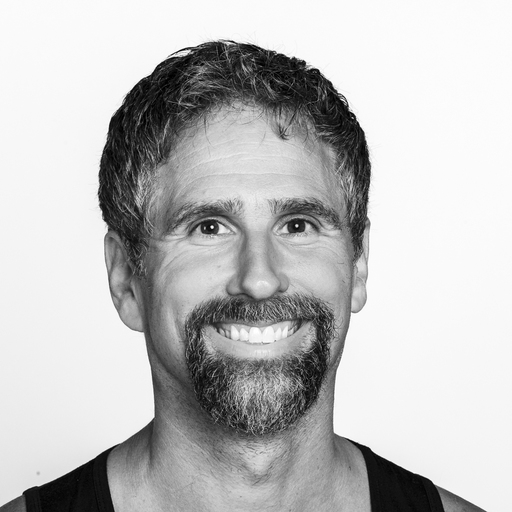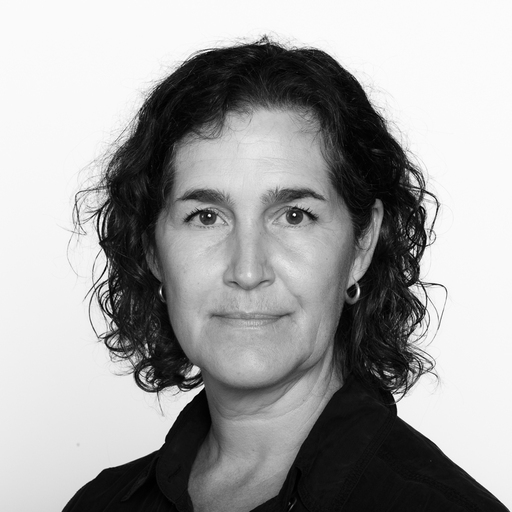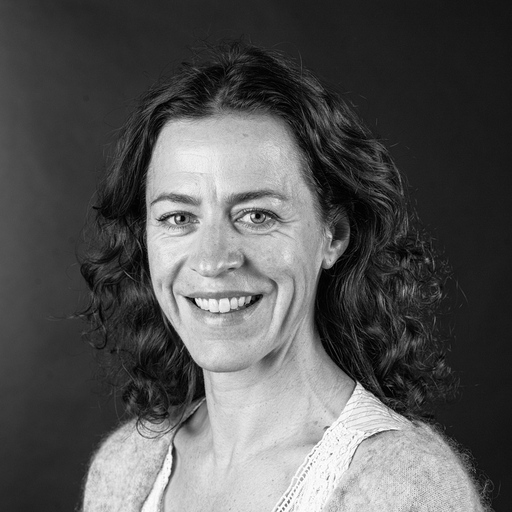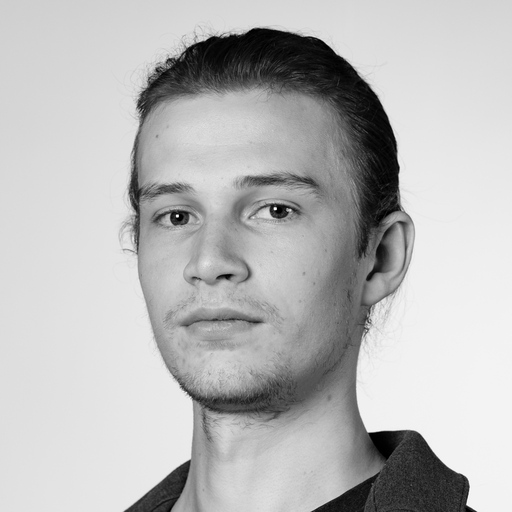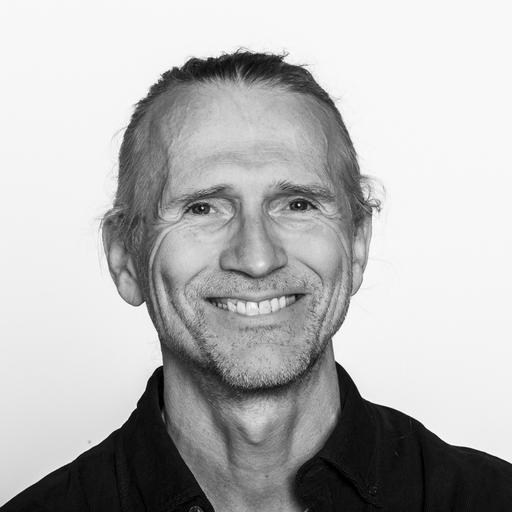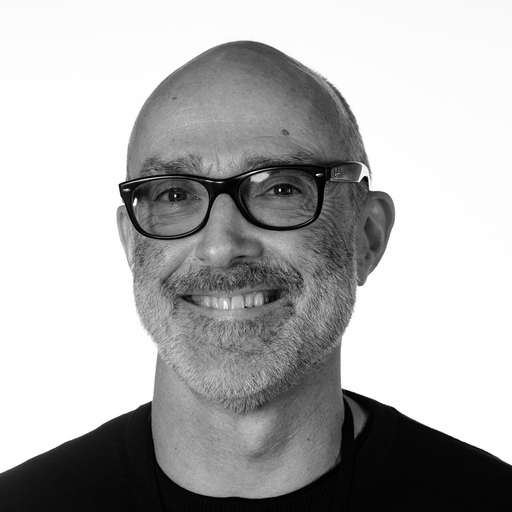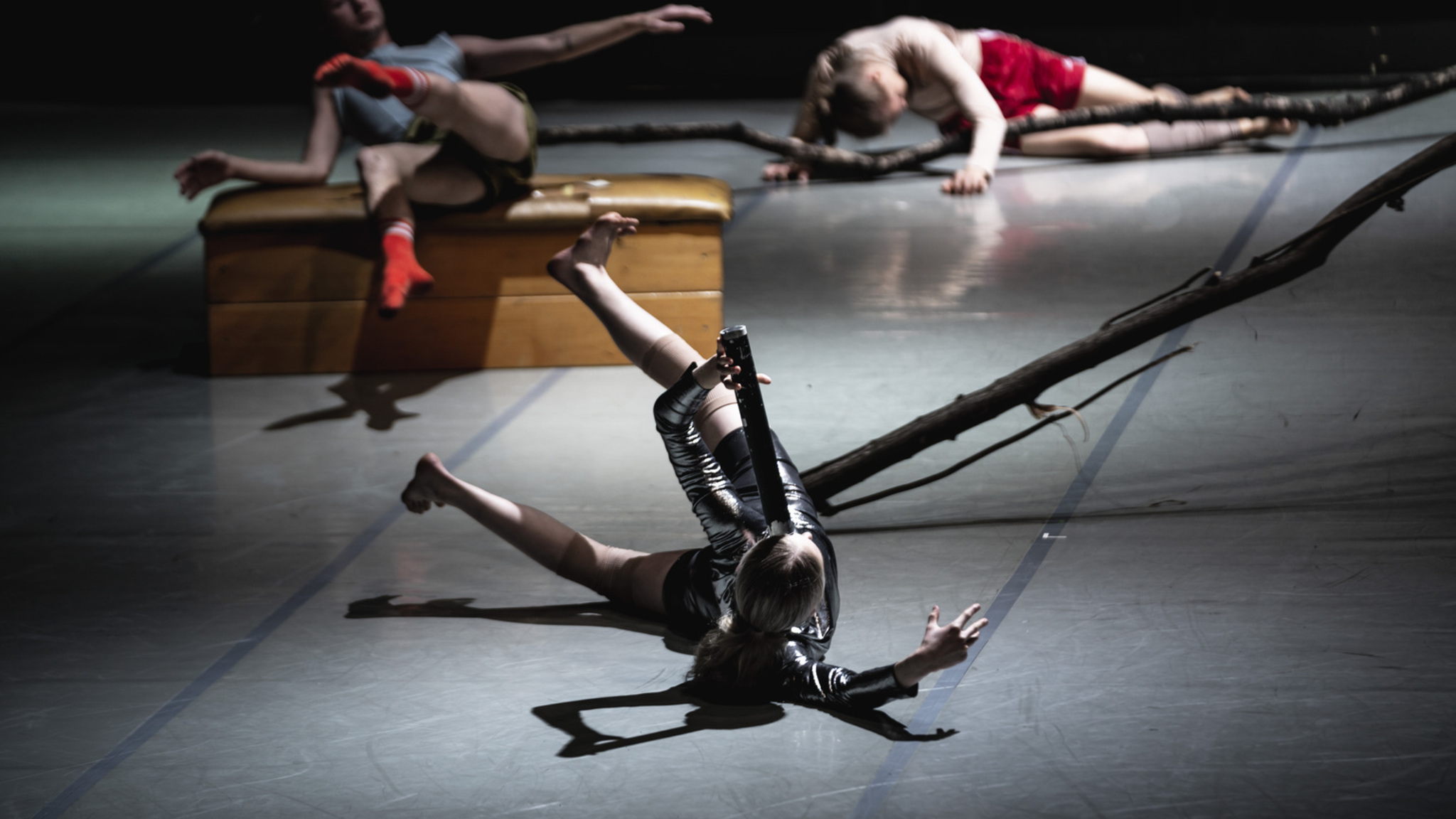

Academy of Dance
The Academy of Dance was founded in 1979 as the National College of Ballet and Dance (Statens ballettskole). Since 1996 it has been part of Oslo National Academy of the Arts (Kunsthøgskolen i Oslo), which brings students of different disciplines together to form a broad, international community of arts and artistic skills. The unique facilities at the National Academy of the Arts, including well-equipped stages and studios, mean that students at the Academy of Dance have excellent opportunities to develop in a state-of-the-art working environment.
The Academy of Dance offers Bachelor’s degree programmes in contemporary dance, jazz dance and classical ballet, Master’s programmes in dance and choreography, and a one-year practice-oriented teacher training course for dance teachers. Research fellows are affiliated with the Academy of Dance through its participation in the Norwegian Artistic Research Programme. The various study programmes enable students to develop their potential as performing and creative artists, refining their skills, knowledge and critical abilities in the field of dance and choreography.
The teaching staff at the Academy of Dance represent extensive and varied artistic and educational experience. The department also engages nationally and internationally renowned guest teachers and artists.
The Academy of Dance has the ambition to be a leading institution in the field of professional dance training. Its study programmes lay the foundations for solid artistry and an expertise in dance and choreography that can be applied in a range of aesthetic and social contexts – both in Norway and internationally.
Excellent follow-up with regard to physical health and the prevention and treatment of injuries is ensured by the skills of the department’s own staff members and a cooperation with the Norwegian Institute of Sports Medicine (NIMI).
Study programmes
Artistic research
The discipline of dance
The Academy of Dance is interested in developing and challenging artistic practices and the parameters for what artistic research might be, and the insight it might provide. Particular focus is given to the following areas:
- dance/choreography developing concepts, methods and practices with an orientation towards social engagement
- perspectives, methods and practices of the art of dancing/performing
Researchers consider their practice and discourse with regard to the international field of performingarts. Particular interest is given to investigating formats for documentation and presentation within the current circumstances (e.g. location of work, media, liveness).
See projects from all departments.
